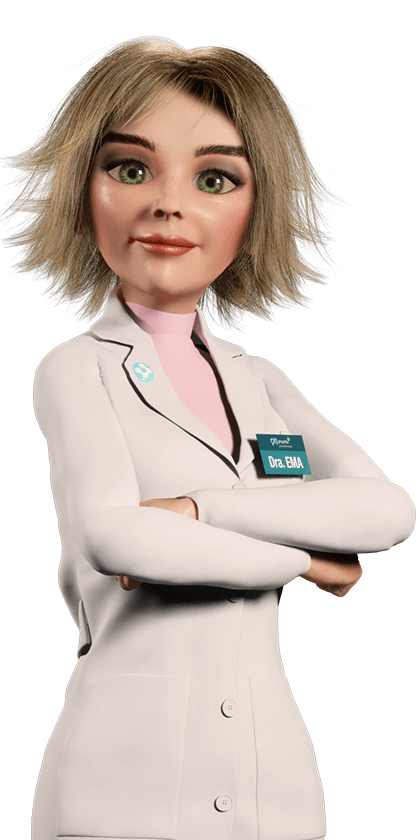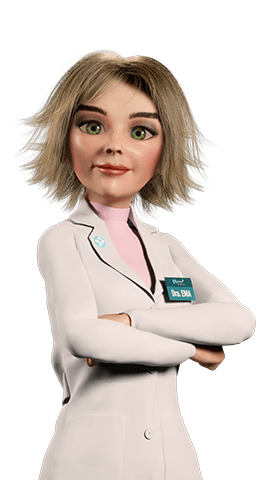Veterinary
Companion Animals - Nutrition and Health - Part I
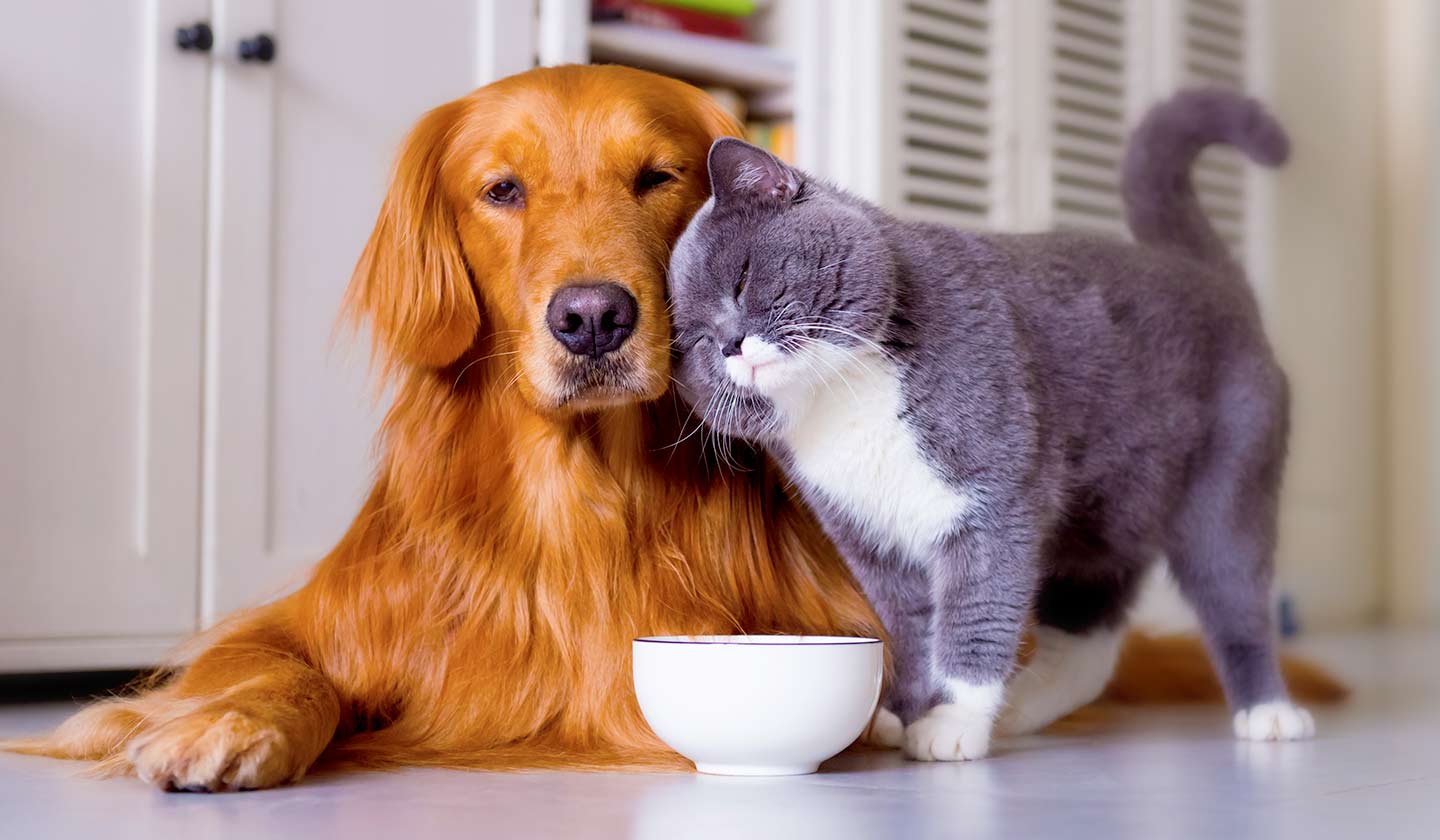
The nutrition of pets, just as in humans, is of fundamental importance, both in their development and in the maintenance of their health and, as such, in increasing the life expectancy and quality of life of the animal.
Why a balanced diet?
- Prevent disease (e.g. obesity, hypervitaminosis A)
- Increase longevity
- Meet energy needs (e.g. during growth calcium and phosphorus)
- Healthy growth
A well-fed animal is an animal with a beautiful coat, strong joints, easy digestion and an adequate weight. And the litters will be just as healthy from the start.
Dogs and cats are carnivorous animals, which means that they eat meat. Both have a digestive system that is designed to digest meat as their main source of protein. However, they have their own needs, which their food must meet.
That's why leftover home-cooked meals are not good food for these animals: pet foods are much healthier because they are designed to meet the nutritional needs of dogs and cats.
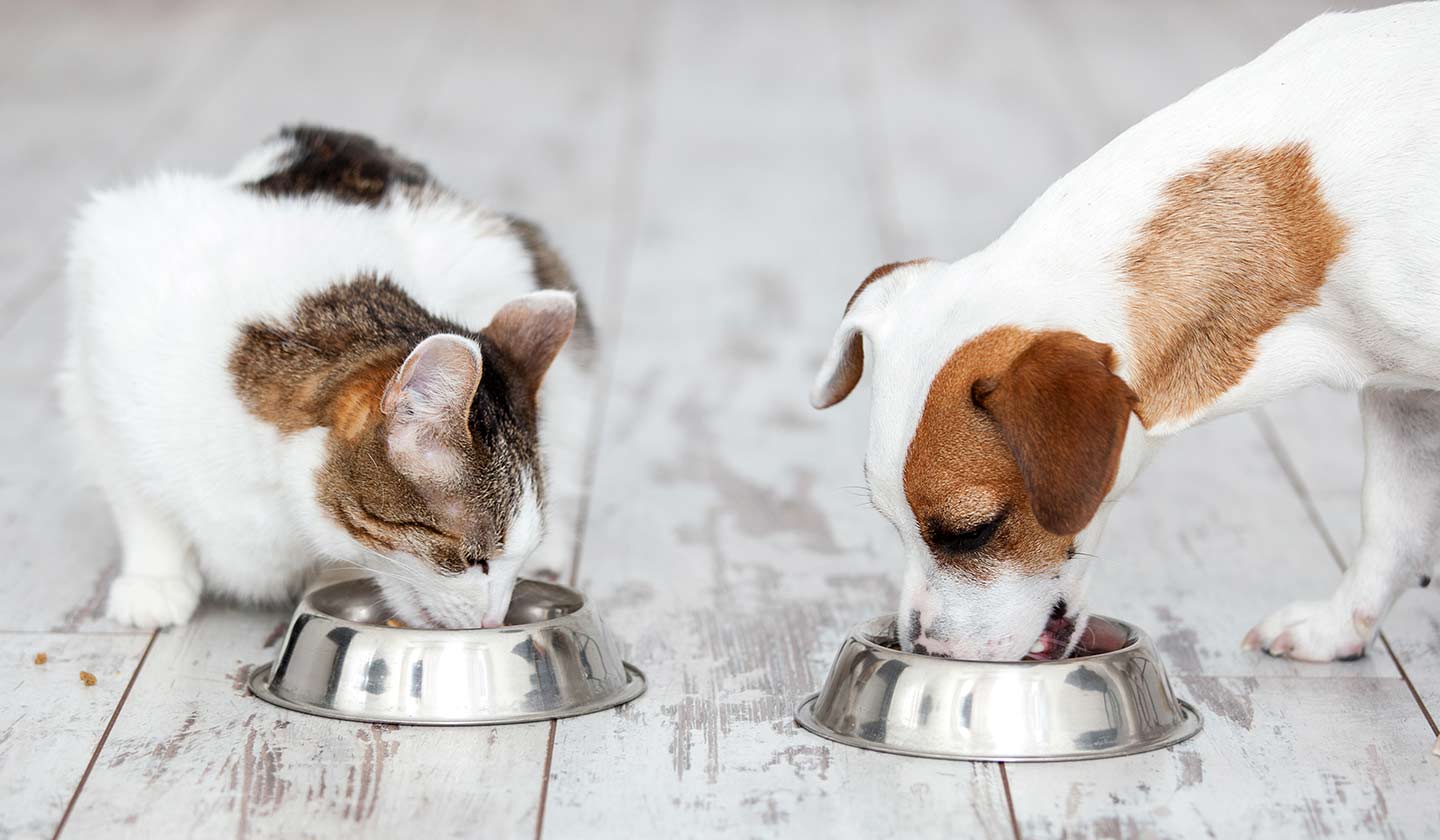
What factors does nutrition depend on?
- Age
- Race
- Size
- Life stage (e.g. growth, aging, gestation, lactation, post-crazing, disease)
- Physical activity (e.g. animals that spend more time outdoors have higher energy requirements)
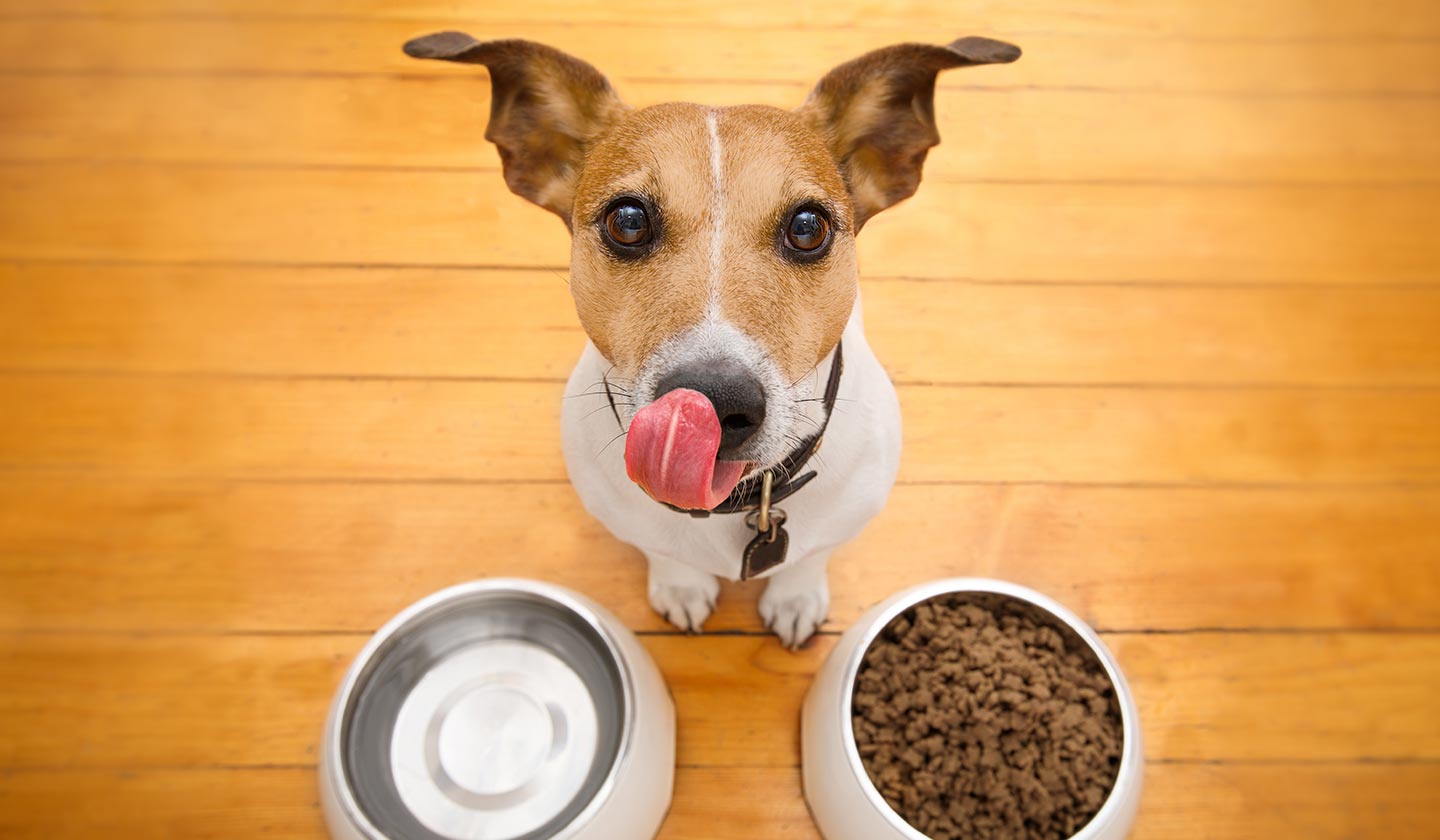
Balanced diet?
- Proteins of animal origin (build and maintain muscle)
- Lipids or fats (nourish the skin and coat)
- Carbohydrates (energy source)
- Fiber (intestinal function)
- Vitamins and minerals (strengthens the immune system)
- Water (hydration)
Find out from your pharmacist what is the most appropriate food for your pet at each stage of its life, in order to contribute to its health and well-being.
Sources
Farmácias Portuguesas
Também lhe poderá interessar
Veterinary
Companion animals - With all the petting
Veterinary
